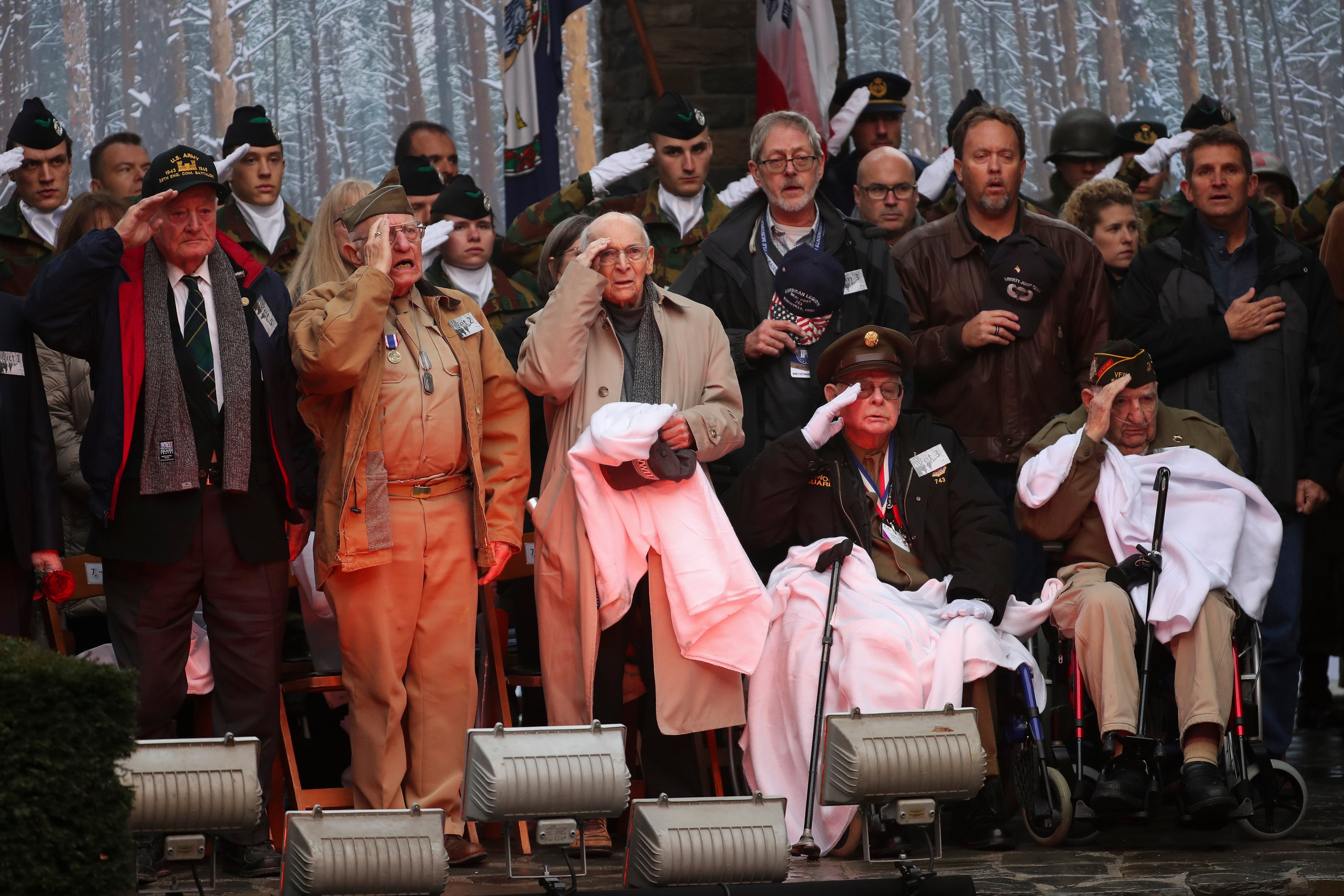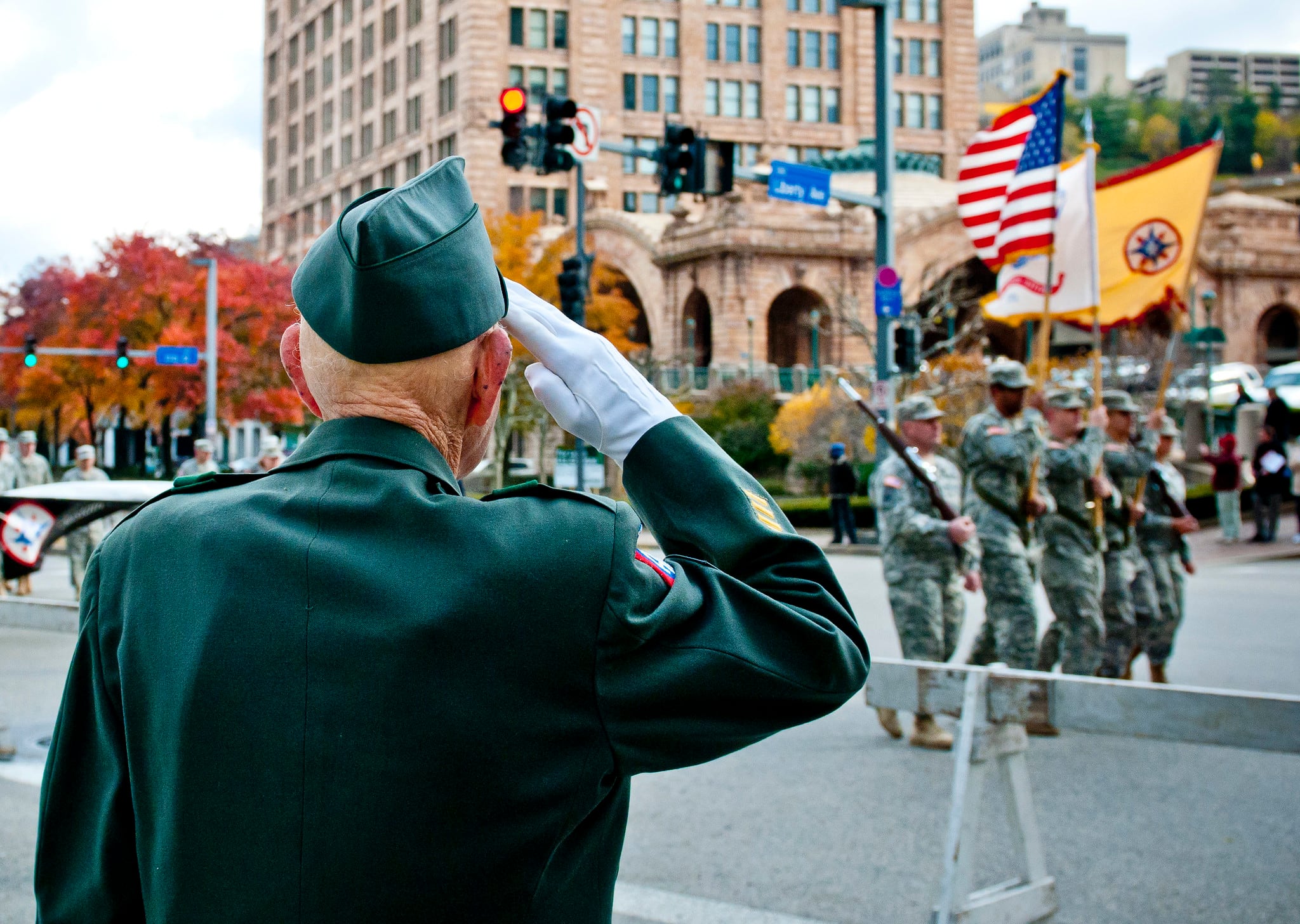Veterans Affairs officials will release a new strategic plan later this month on the health care demands of the country’s rapidly aging veterans population, in response to recent concerns that the department is ill-prepared for the looming issue.
During an appearance before the House Veterans’ Affairs Committee on Tuesday, Teresa Boyd, assistant deputy under secretary for health at VA, said the comprehensive plan — referenced by other department officials in recent Hill events — will be delivered to lawmakers later in March.
She said current department efforts have “significantly improved the care and well-being of veterans” but also acknowledged the work to be done in coming years.
RELATED

Today, about half of the 9 million veterans currently enrolled in veterans health care programs are 65 or older. Over the next decade, the number of veterans over 75 in that group is expected to approach 3 million.
The number of veterans aged 85 or older receiving care from VA health services is expected to grow more than five times over the next two decades, as life expectancy continues to improve.
Last month, a Government Accountability Office raised doubts that VA officials are prepared for that “silver tsunami,” with widespread vacancies at department community living centers and other key medical facilities.
In addition, Rep. Julia Brownley, D-Calif. and chairwoman of the committee’s health panel, said too much of the VA’s current approach to elderly care appears focused on institutional programs, rather than less expensive and more flexible in-home care assistance.
“The need for this is going to be greater and greater,” she said.
Boyd acknowledged the advantages of more in-home and community care options and said efforts are underway to improve those programs.
RELATED

But officials were tight-lipped on the specifics of the new strategic plan, and how much of a shift it will represent to current care offerings.
According to VA estimates, spending on elderly veterans health needs is expected to double in the next two decades, swelling to more than $15 billion. VA officials have enjoyed annual increases in their budget since fiscal 2001, but lawmakers have warned that those sizable boosts cannot be assumed to continue indefinitely.
The new plan on elderly care joins a growing list of new VA initiatives due before the start of April. Department officials have promised later this week to outline guidelines for a mandated expansion of caregiver stipends for older veterans. VA leaders are also expected in the next few weeks to release a new government-wide plan to prevent veterans suicide.
Leo covers Congress, Veterans Affairs and the White House for Military Times. He has covered Washington, D.C. since 2004, focusing on military personnel and veterans policies. His work has earned numerous honors, including a 2009 Polk award, a 2010 National Headliner Award, the IAVA Leadership in Journalism award and the VFW News Media award.





